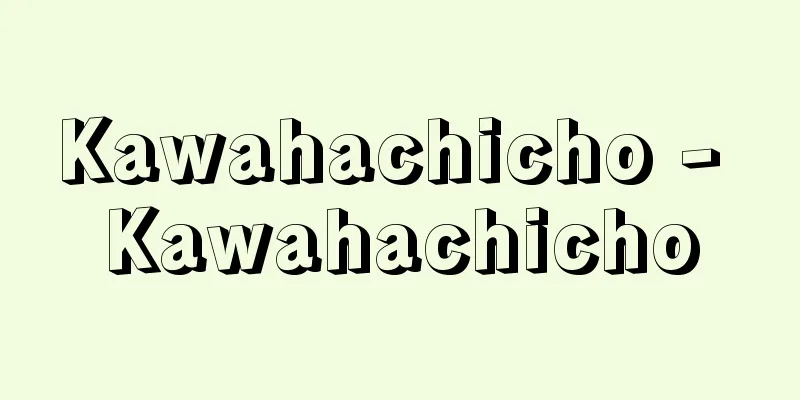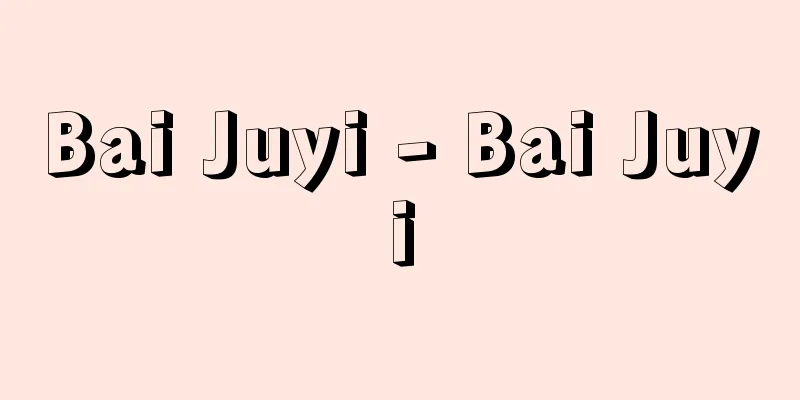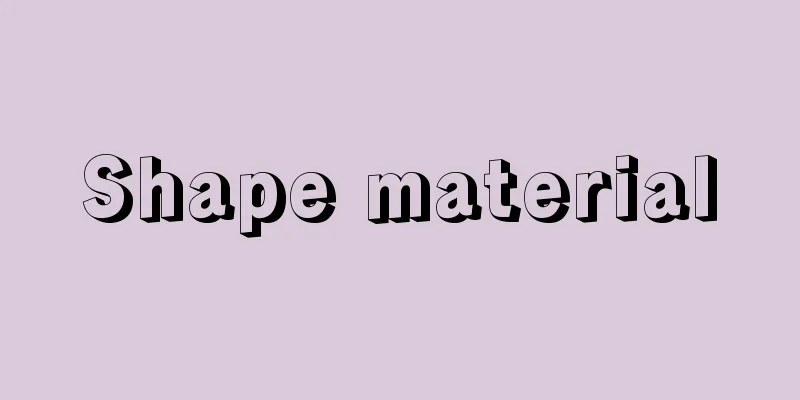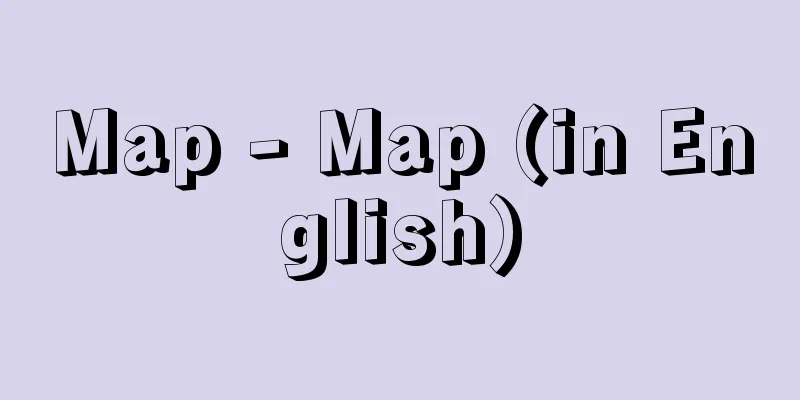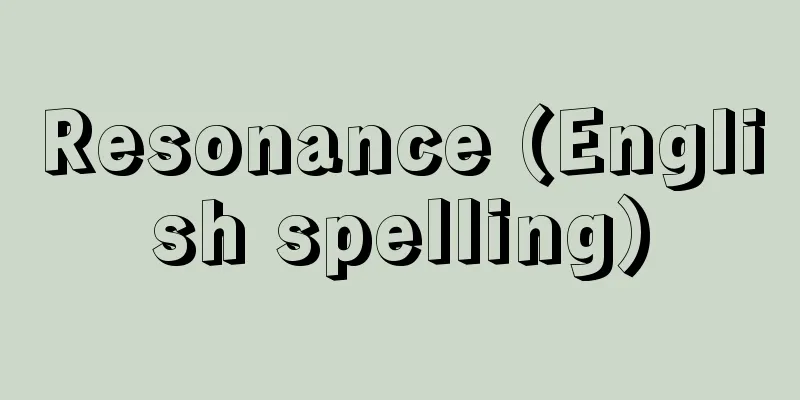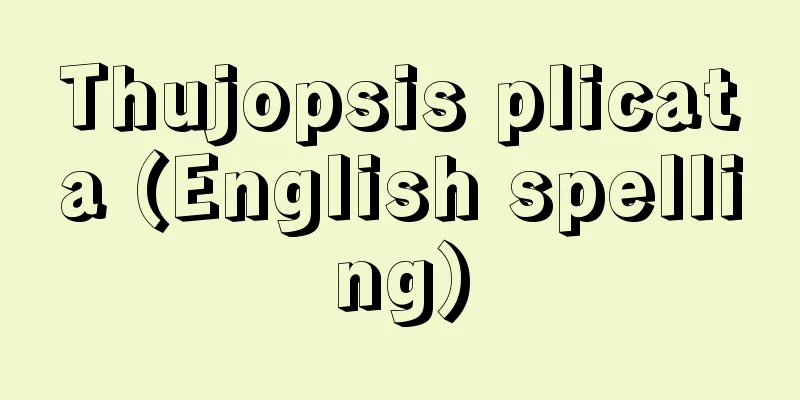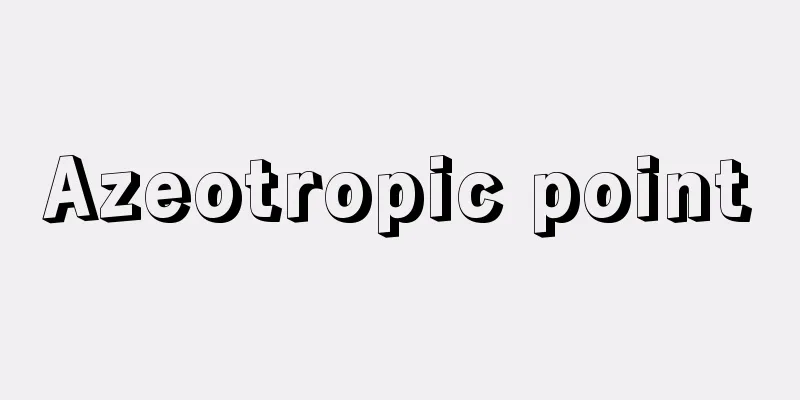Coloring - Ungensaishiki
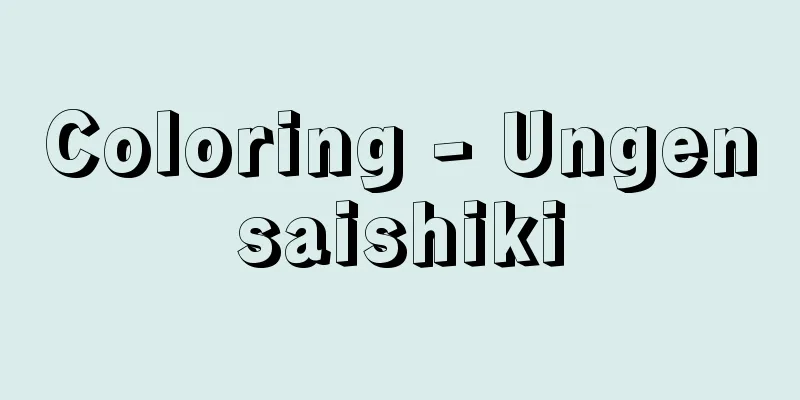
|
A coloring method for decorative patterns. Also written as "暈繝". When applying a single color from light to dark, the color is applied in several stages, without gradation. This method was developed in China during the Tang dynasty, and was widely used in Japan from the Nara period onwards in the decoration of architecture, painting, crafts, and other fields. Source: Encyclopaedia Britannica Concise Encyclopedia About Encyclopaedia Britannica Concise Encyclopedia Information |
|
装飾文様の彩色法。「暈繝」とも書く。1つの系統の色を淡い (明るい) ものから濃い (暗い) ものへと変化させて塗る場合,ぼかしによらず,数段階に分けて順次濃淡をつけていく方法。これが色の組合せの基本原則と結びついて,特に中国,唐代に発達し,日本では奈良時代以降,建築,絵画,工芸などの装飾に盛んに用いられた。
出典 ブリタニカ国際大百科事典 小項目事典ブリタニカ国際大百科事典 小項目事典について 情報 |
>>: Roman Fyodorovich Ungern of Shternberg
Recommend
Sanyo Expressway - Sanyo Expressway
This expressway runs from the Hanshin region to t...
"Ubusunasha Kodensho Broad Meaning" - Ubusunasha Kodenshogi
...Many Hirata school scholars of Japanese classi...
Open set - Kaishuugou (English spelling) open set
A set S is said to be open if all points in S are ...
Daimaru Co., Ltd. - Daimaru
A prestigious department store centered in the Kan...
Jushiyama [village] - Jushiyama
A village in Ama County, western Aichi Prefecture....
Sodium bicarbonate
…It is also called acidic sodium carbonate. Becau...
Aonokawara - Aonokawara
...It is a lava dome made of hornblende andesite,...
Machine ice making company - Machine ice making company
...It was around this time that Kishida Ginko fou...
Daifuku mochi - Daifuku mochi
A type of mochi sweet. It is made by wrapping bea...
Borodin
Russian composer and chemist. Also known as Borodi...
Samut Prakan (English spelling)
A city in central Thailand, capital of the provinc...
Onager tank - Onager tank
…A mammal of the genus Equidae in the order Peris...
Dictionary - Dictionary
It mainly refers to a book that collects words th...
Karla Guru - Karla Guru
…It is a transliteration of the Sanskrit kālāguru...
Utazawa Shibakin
The stage name of the head of the Utazawa Shiba s...

